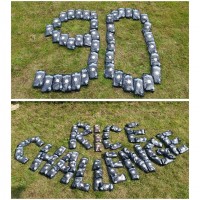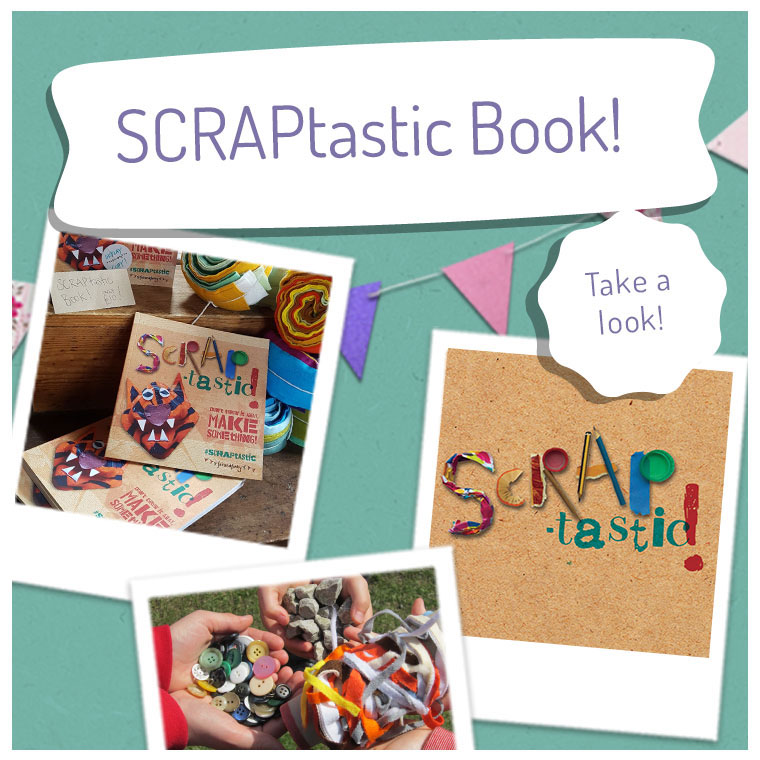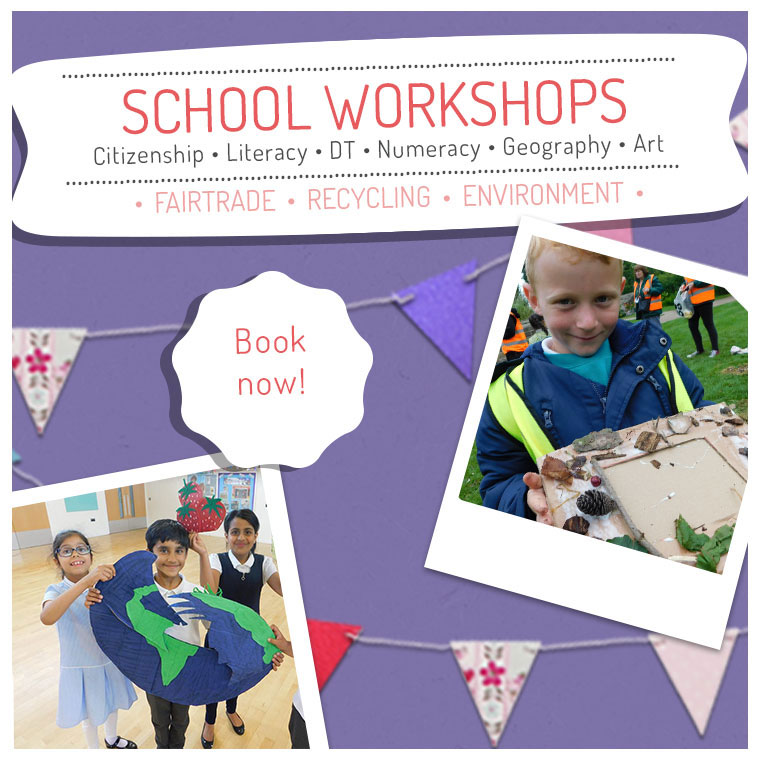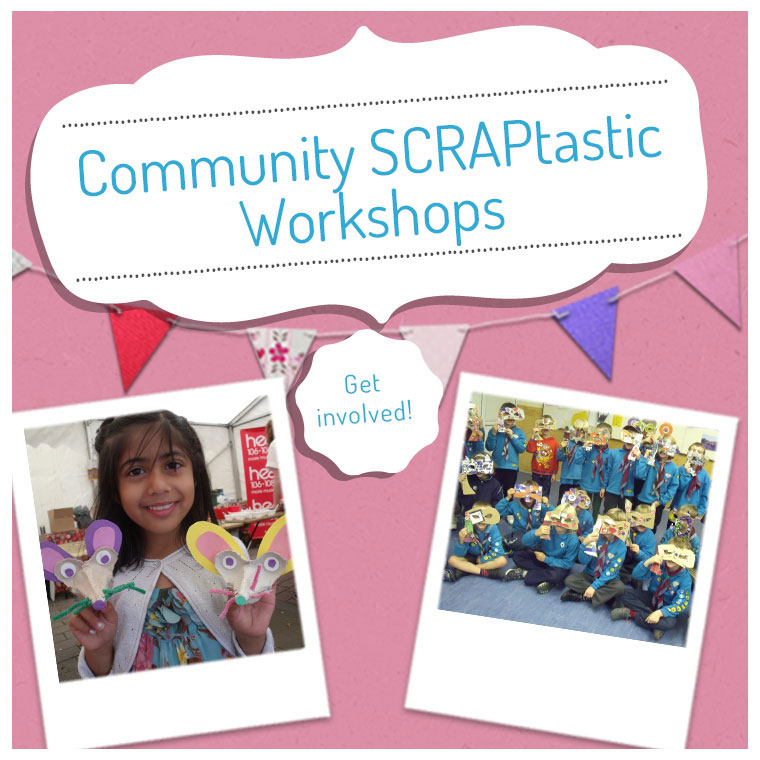Rice Challenge – Henry Kalomba’s Story
Each year we take on the 90kg rice challenge from our partners Just Trading Scotland. The challenge is to sell 90kg of rice – because when a farmer sells 90kg of rice they can afford to send their children to secondary school for a year. As we launch the rice challenge again this year, with the hope of achieving the challenge 5 times over (and reaching over 1000kg sales!) we introduce you to the rice farmers in Malawi. Each day this week we share their stories so you can meet the people who grow our food, and discover how buying rice in the challenge changes lives of farmers and their communities.
Today, read Henry Kalomba’s Story:

Photo credit: Just Trading Scotland
I work for NASFAM (National Association of Farmers of Malawi) This organisation is a democratically governed national association for smallholder farmers. Currently it has 43 associations which are located in all three regions of Malawi, in all 14 districts. NASFAM is modelled on the concept of collective action which aims at giving smallholder farmers some united power so that they can really have a voice – a voice to influence government policies; other issues about farming, commodity trading, tax, access to farming inputs and other areas which affect their farming business. As NASFAM we are also interested in issues of crop production and commodity trading, capacity building in good leadership and governance issues. We are committed to democracy and follow democratic processes in all our leadership and governance. All of the elected members are trained in good governance and leadership. Democratic process is core to our work.
What does NASFAM do to help farmers and the local community?
- We have a development programme for social issues for farmers. We look at issues of gender promotion, and socio-economic development of smallholder farmers. First and foremost, we are bringing gender equality awareness to rural communities where the smallholder farmers live. We make it clear that to develop equal opportunities and equal participation will benefit them. For instance there are very pertinent issues like land tenure. In general, before we campaign, there will be some kind of discrimination. Men want to dominate in production of key cash crops. Men act like the managers who make decisions and keep the money and their wives are like the workers. Gender campaign and awareness hence helps to bring an understanding that both men and women are equal and should have the same roles to play in decision making and leadership.
- We develop agriculture and small-scale business management. If the farmers make some profit, we advise them to set aside a small part of their income and develop small-scale businesses to generate income. For example, farmers make fritters and sell them to make more money. We also train them to build energy-saving stoves. This mitigates the effects of climate change. They can also sell them and make some little money. We also offer marketing services.
- We encourage farmers to support orphans from the AIDS pandemic; HIV/AIDS is a serious issue in Malawi as in all sub-Saharan Africa. Promoting awareness and promoting prevention is part of our development. So far the government and non-governmental organisations have done a tremendous work in bringing awareness to the communities on awareness and prevention of HIV/AIDS. I can safely say that you wouldn’t go to any corner of the country and find a person who does not know how you get the AIDS infection. More focus now needs to be placed on promoting behavioural change.
- We provide farmers’ training in fruit tree propagation and grafting so that they raise food seedlings for household use and for sale.
- We run a Farm Services Unit which does a lot of training and technical improvements in farming practices. We also well support some of our members who are less privileged and have not had an education, through teaching some literacy and numeracy so they can read and write; skills they will need to run a small business.
- We run grain bank programmes. We know that the smallholder farmer’s cash flows are not even. Sometimes money – sometimes no money. They run the risk of being food insecure. They’ll have to sell everything and become vulnerable to food insecurity in the lean times. Now farmers sell food crops to the association. The grain bank gives access to the food at the lean times. This is when the market values go up but we sell at the same price, so food is secure.
- We have a publications and radio department, which disseminates information about improving agriculture and other general social development issues. So we have two radio programmes per week where farmers tell about their transformations, share with listeners how they have changed.
I love my job. There is nothing more fulfilling than seeing the results of what you use your time for actually transforming the lives of people. You get a lot of joy actually seeing your work making a difference.
 Click here to read our ‘Alternative Harvest’ blog and find out more about the 90kg rice challenge with fairandfunky.
Click here to read our ‘Alternative Harvest’ blog and find out more about the 90kg rice challenge with fairandfunky.
Click here to read more stories from rice farmers in Malawi.
And click here to buy the rice! And please use code 90RICE to donate to the Welcome Centre and Food Bank in Huddersfield.













 Click here to read our ‘Alternative Harvest’ blog and find out more about the 90kg rice challenge with fairandfunky.
Click here to read our ‘Alternative Harvest’ blog and find out more about the 90kg rice challenge with fairandfunky.